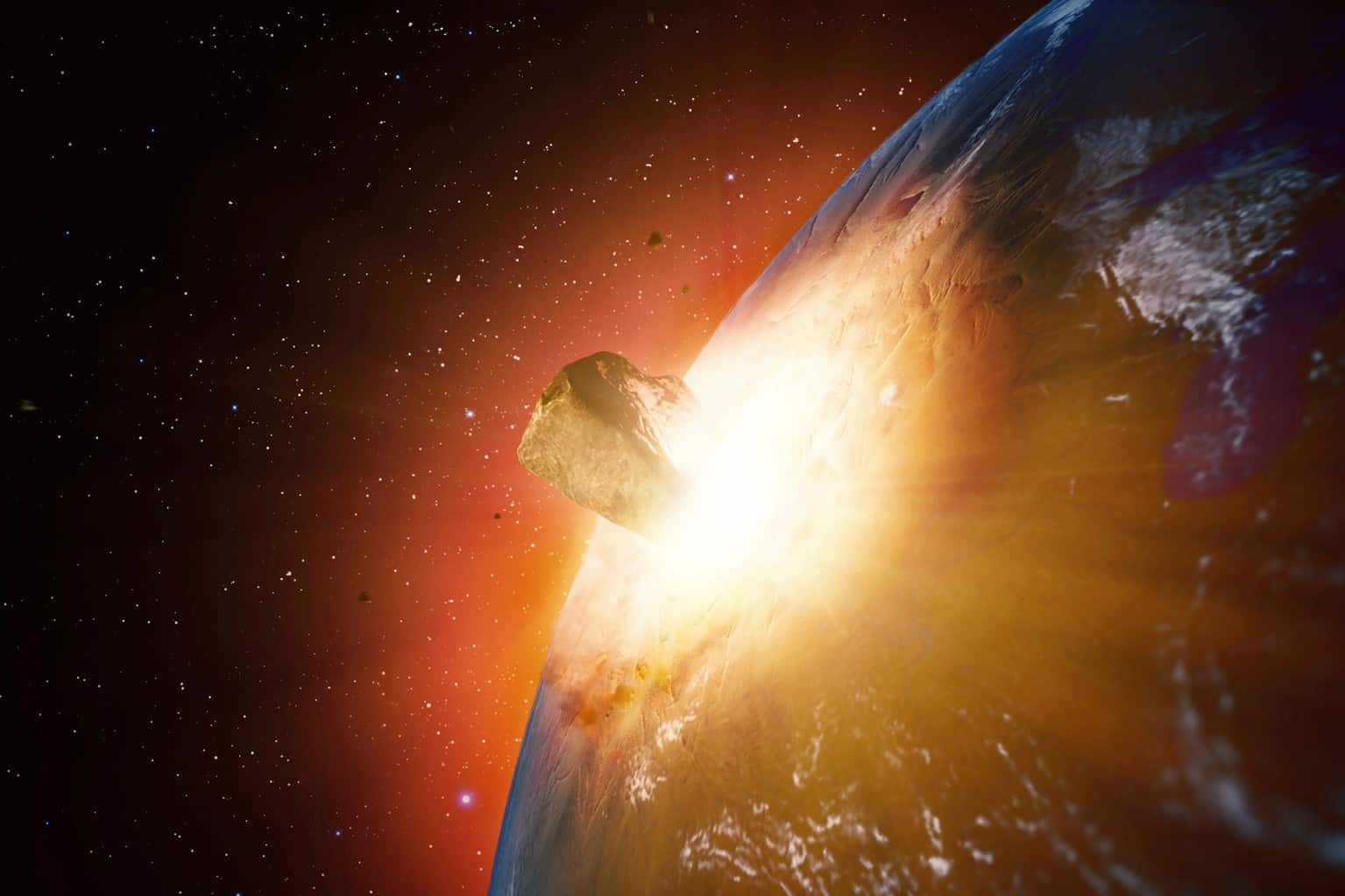An asteroid was recently discovered just two hours before it collided with the Earth’s atmosphere. On March 11, Hungarian astronomer Kristian Sarnitsky, of the Konkuli Observatory, near Budapest, reported that he had spotted a small asteroid heading toward our planet.
The small rocky object, designated 2022 EB5, was too small to pose a threat to Earth, but its discovery marks the fifth time any asteroid has been observed before it hit the atmosphere.
The object was reported on the Minor Planet Center’s NEO confirmation page for further observations that would confirm it as a previously unknown asteroid.

NASA’s Scout Impact Risk Assessment System made these initial measurements to calculate the 2022 EB5 trajectory. Once Scout determined that 2022 EB5 would collide with Earth’s atmosphere, the system alerted the Center for Near-Earth Object Studies (CNEOS) and NASA’s Planetary Defense Coordination Office, flagging the object on the Scout page to notify the NEO.
Maintained by CNEOS at NASA’s Jet Propulsion Laboratory in Southern California, the system automatically searches the Minor Planet Center database for potential new short-term impactors. CNEOS calculates all known orbits of near-Earth asteroids to improve impact risk assessments in support of the Planetary Defense Coordination Office.
“The scouting system examined only 14 sightings within 40 minutes of the observatory when it first identified the object as a collider. We were able to identify potential collision sites, which initially spanned from western Greenland,” said David Farnocchia, a navigation engineer at JPL that developed the scouts. to the coast of Norway.” He added, “As more observatories track the asteroid, our calculations of its path and impact site are becoming more accurate.”
source: jpl.nasa.gov

